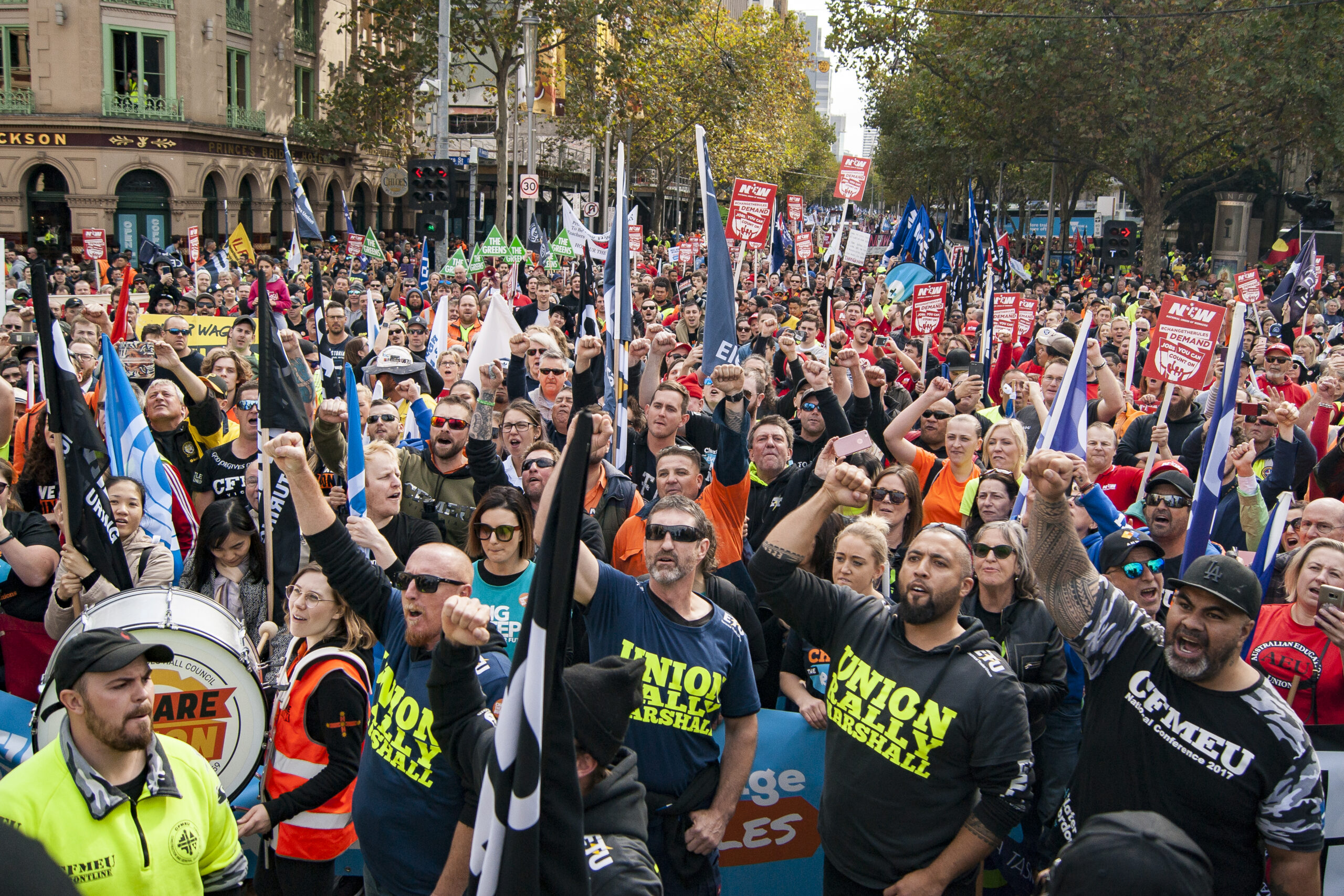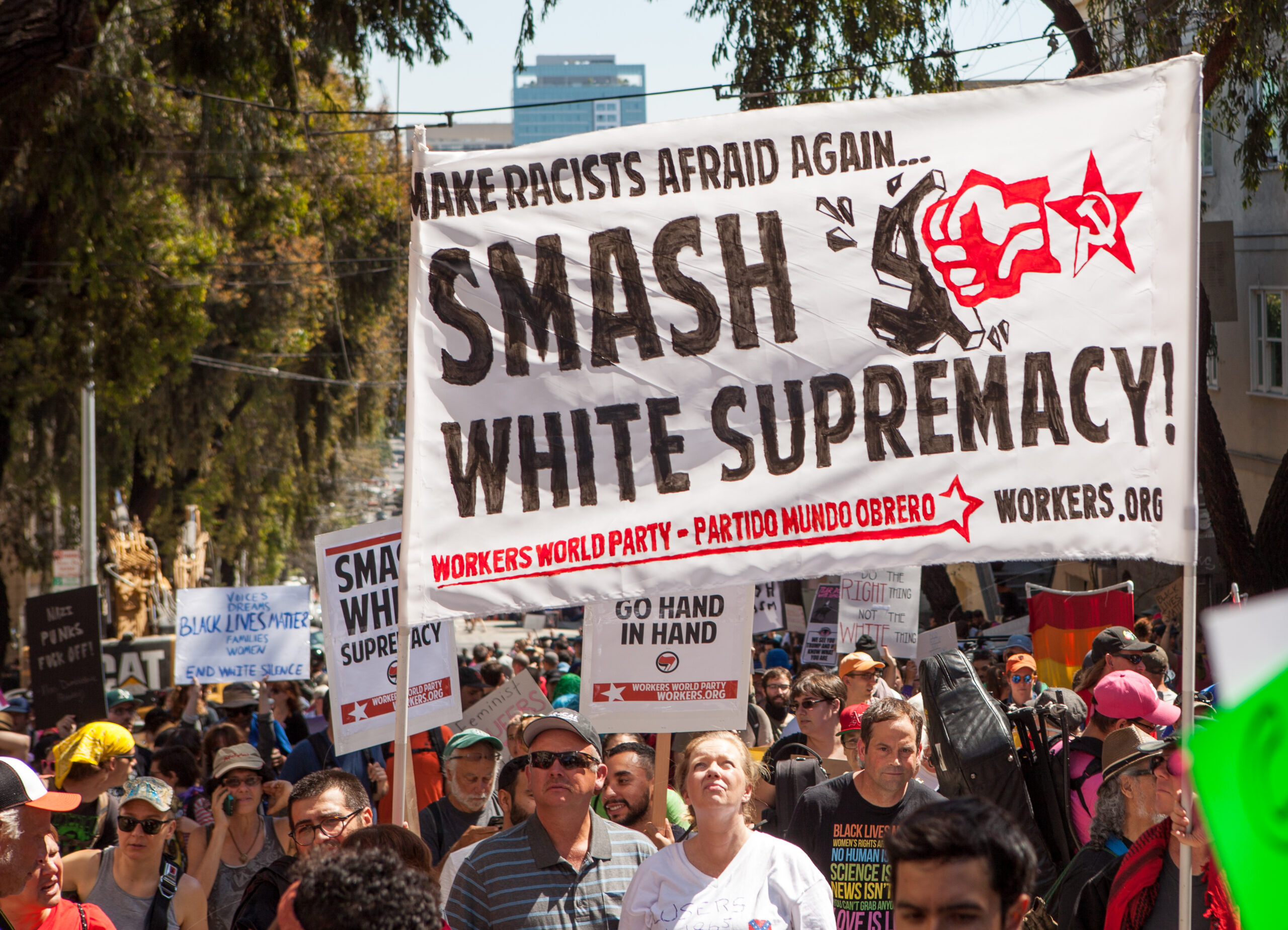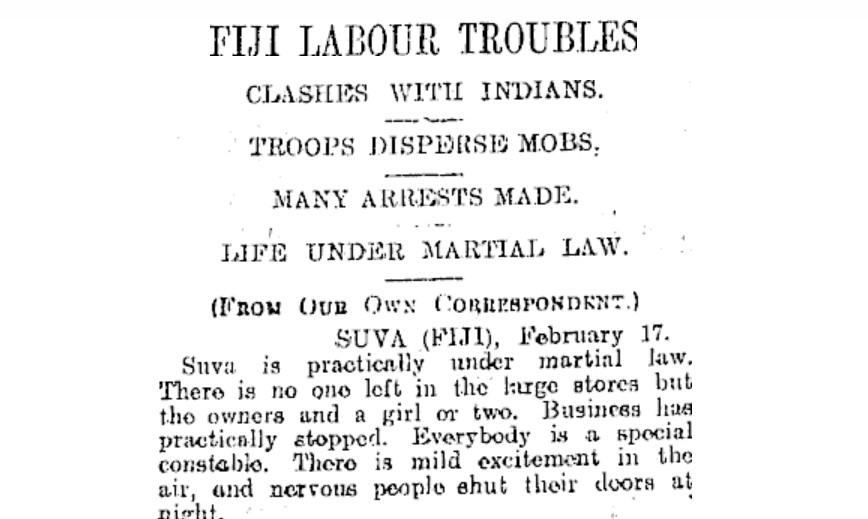It’s sensible, anyone can understand it.
It’s easy.
You’re not an exploiter, so you can grasp it.
It’s a good thing for you,
find out more about it.
The stupid call it stupid and the squalid call it squalid.
It’s against squalor and against stupidity.
The exploiters call it a crime but we know:
It is the end of crime
It is not madness, but the end of madness.
It is not the riddle but the solution
It is the simplest thing so hard to achieve.
– Bertolt Brecht, “In praise of communism”
German playwright and poet Bertolt Brecht was spot on.
The first half of the 20th century, during which he lived, was an ugly period of world wars, depression, poverty and colonial brutality. The intersections and roots of the atrocities were obvious to millions of people: the centralisation of society’s productive assets – factories, mines, land, equipment – in the hands of a minority of the population engaged in global economic competition. The majority of people did all the work to keep society functioning – growing and processing the food, sewing the clothing, building the roads, houses, ports, bridges and everything else – yet were reduced to wage-slaves and cannon fodder.
What has changed in the 21st century? Very much, and not a lot.
Depressions endure, as Europe and Greece in particular show, not because there is a shortage of labour, or land, or resources, but because capitalists will allow production to proceed only if there is money to be made for them. To hell with human need, says market logic; better mass destitution than a paltry return on investment.
For example, the largest 1,000 non-financial companies in the world have combined cash reserves in excess of $US3 trillion but are reluctant to “put it to work” because it’s not entirely clear how much, if any, profit they would make. Meanwhile, a whole generation is being lost, with youth unemployment in parts of Europe at 50 percent.
Direct political rule over the underdeveloped world by imperialist powers largely ended with decolonisation. But often it was replaced by neocolonial economic domination facilitated by local puppets and carried out by multinational corporations, which plunder and exploit with impunity.
Extreme poverty long ago was reduced significantly in Western countries and more recently in China and Brazil. Almost a decade ago, the United Nations Development Programme 2006 Annual Report noted: “Never before has the goal of abolishing poverty been within our reach: there are no longer any insurmountable technical, resource or logistical obstacles to achieving it.”
Yet the blight of hundreds of millions of human beings going hungry in a world of plenty remains. And while the 2014 Capgemini and RBC Wealth ManagementWorld Wealth Report estimates that the richest 14 million people on the planet (about 0.2 percent of the population) have a combined wealth of more than $US50 trillion, the dismantling of social welfare and cutting of age pensions occurs because, we’re told, we “can’t afford it” or it is “unsustainable”.
Immense violence is required to maintain such disparities. Internationally, conflict may no longer be characterised by mass trench warfare between great powers (today it is technologically more sophisticated and mostly asymmetrical). Yet imperialism – the militarised extension of the economic struggle between powerful capitalist states – remains.
Global military expenditure was $1.7 trillion in 2013, according to the Stockholm International Peace Research Institute. Hundreds of thousands have been slaughtered and countries reduced to rubble in recent years, often for the purpose of plunder or geopolitical jockeying.
Domestically, police forces have been militarised and expanded, and intelligence agencies have been given greater powers to intrude and spy on the population. Those at the top of society sell this to us as “protection”, but that it is really about oppressing the marginalised to reinforce the position of the powerful can be readily seen.
Those who start wars or preside over environmental destruction are met by red carpets; the police protect them in their mansions, palaces, boardrooms and parliaments. Yet they lock up Aboriginal children for pilfering lollies from a corner shop; they harass and even kill those at the margins of “civilised” society, who don’t fit with the plan.
Brecht’s evaluation that socialism “is not madness, but the end of madness” rings true. The main obstacle to the eradication of poverty, inequality and the accompanying violence remains the centralisation of the world’s productive assets in the hands of a tiny minority of the population.
Socialism – a world run to fulfil human need rather than fuel private greed, in which there is no privileged class of human beings – remains a sensible idea in a chaotic 21st century.
Anyone can understand it.
[This article first appeared in Red Flag, the newspaper of Socialist Alternative.]









